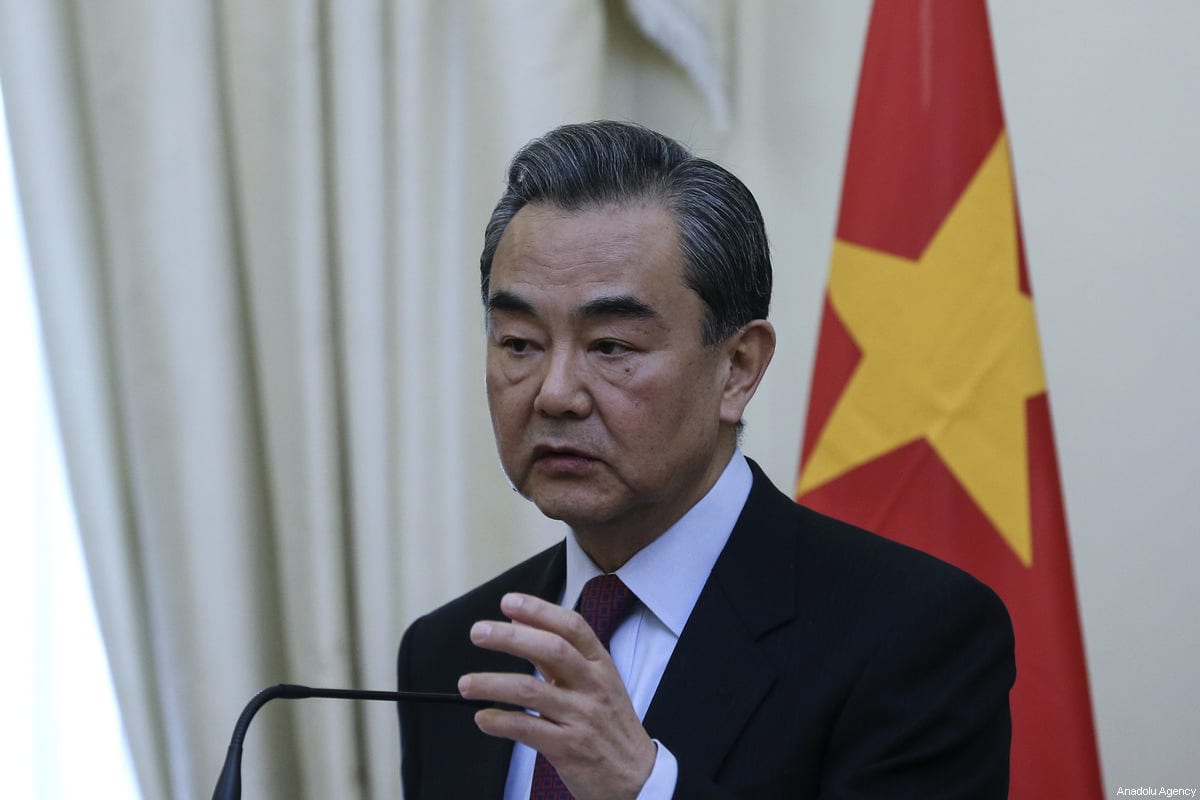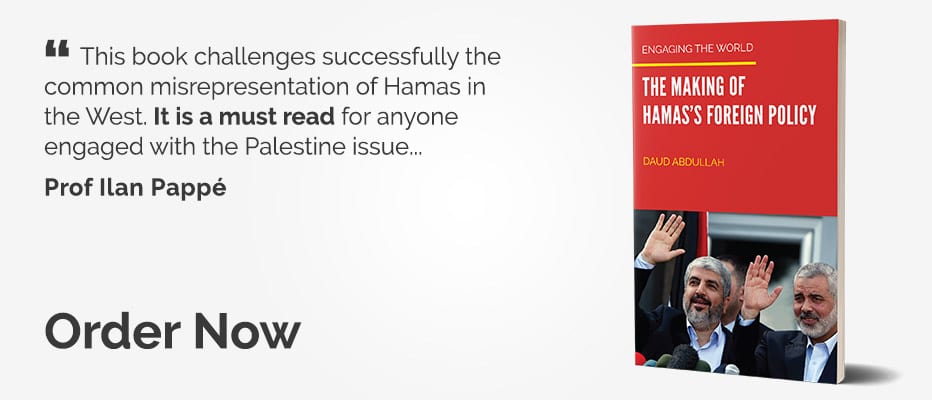In a recent speech, China's highest-ranking diplomat Wang Yi spoke of a "united Asia" and its need to develop a "strategic autonomy".
In principle, Wang was not wrong; after all, a stable and prosperous Asia would benefit the region's peoples and deny Western meddlers the chance to exploit historical fault lines and sow the seeds of political division.
Wang's language, although from the outside may seem simple and straightforward, is quite loaded with meaning. "No matter how blonde you dye your hair, how sharp you shape your nose, you can never become a European or American, you can never become a Westerner," Wang said, as cited by Chinese state media.
In fact, common culture, beliefs and origins have historically served as starting points for regional cohesion, unity and collective identity.
Wang and China's challenge is being able to promote regionalism at the expense of national identities.
Writing for Russia Today, political analyst Timur Fomenko articulates the challenge: "In the eyes of US allies… an Asia without America is an Asia dominated by China."
OPINION: Palestinian children's art exposes Israel's cultural genocide
This is a real concern that cannot be glossed over simply because the world is rapidly shifting from one historical stage of power distribution to another. In fact, it is precisely because of this shift that China's old and new Asian rivals would find Pan-Asianism somewhat worrying.
That said, Asia has no other option but to locate its collective common ground around equitable conditions since the alternative will always be a Western neo-colonial drive for domination.
This is a question that cannot be addressed only by politicians. It is a social and intellectual conversation of the first order and must engage all sections of societies in China, Japan, the two Koreas and beyond.
This supra-national conversation must be had if the transition to a new world is to run smoothly.
The ongoing Russia-Ukraine war is a testament to how chaotic historical transitions can fuel future conflicts. It is almost certain that, even when the current war ends, fresh disputes in Eastern Europe will emerge.
But China and Asia have much better chances of resolving historical dichotomies by finding commonalities. This claim is supported by the fact that, while Europe is dwindling in terms of economic might and political influence, Asia is growing.
Indeed, historically, prosperity has played a major role in the formation of regional and, more recently, national identities.
For example, while political expediency convinced many of the supposedly inherent conflicts between Arabs, Muslims and the Middle East, on the one hand, and the "West" on the other, such notion is misleading and historically inaccurate.
It might be shocking for some to learn that several great Roman emperors were Arabs or, at least, from the modern-day Middle East.
But this historical fact should not be shocking at all.
READ: Roman-era sarcophagus uncovered in Gaza
From the Libyan Septimius Severus (193-211 AD) to Philip the Arab (244-249 AD), to others, the existence of these emperors was not exactly inconsistent with the historical trajectory of that period.
They were direct expressions of the oscillation of the centres of wealth and military power during certain periods of the Roman Empire.
It may seem a bit of a surprise to us now because, since the collapse of the Roman Empire at the end of the fifth century, the geopolitics of the world has shifted, necessitating a modification in collective national and regional identities.
Most of the maps delineating the rise and fall of the Roman Empire were, up to a certain point, almost entirely Mediterranean-based, uniting today's Middle East and North Africa with much of southern Europe.
Ultimately, the centre of the Roman powers, especially towards the end of the fourth century, moved elsewhere to include swathes of today's Western Europe. And, in doing so, the Roman Empire began acquiring its stereotypical look and feel, that of being a Eurocentric experience.
But, for hundreds of years, most civilisations in the Mediterranean region and Asia Minor, at one point or another, were unified as a single political, social and economic whole. They borrowed each other's systems of beliefs, social mores, cultural habits, superstitions and a sense of belonging.
To this day, one still detects this connected past in historically rooted communities in Spain, Italy, Greece, southern France and the whole of the Middle East and North Africa.
READ: Egyptians suffer as heat wave continues across the Middle East and North Africa
This has changed due to the constant shifts in power centres over the years.
Strange how our sense of collective identities conveniently shifts around politics over time. Geopolitically, southern Europe now feels like an entirely different space than the Middle East.
Even the term "Middle East" was itself a convenient and recent occurrence. It belongs to the British who, at the zenith of their power sometime in the 19th century, sliced up the world in ways that would ensure a once isolated, faraway northern island became the centre of the world.
In the past, however, there was no such thing as the Middle East, Near East and Far East. Considering Britain's relatively limited influence today, these terms should be reassessed.
In modern times, as in the past, common identities are ordered around common interests and new power paradigms.
The fact that Wang is stressing the urgency of a common Asian identity is itself a sign of a changing world.
And this changing world is offering new opportunities, not only for new alliances but new collective identities as well.
OPINION: Losing 'Deterrence': How Palestinian, Arab Resistance changed rules of war with Israel
The views expressed in this article belong to the author and do not necessarily reflect the editorial policy of Middle East Monitor.


![Book Launch of Ramzy's Baroud latest book - The Last Earth: A Palestinian Story on 27 March, 2018 [Jehan Alfarra/Middle East Monitor]](jpg/104a12599b4b.jpg)

